
Ms. Tran Thuy Duong, General Director of Vantive Vietnam Co., Ltd.: Peritoneal dialysis is a new, humane step forward in the treatment of end-stage chronic kidney disease. Photo: VGP
Reporter of the Government Electronic Newspaper had an interview with Ms. Tran Thuy Duong, General Director of Vantive Vietnam Co., Ltd. - a company specializing in therapy for vital organs, with a legacy of more than 70 years of innovation in kidney care, public-private partnership in the field of medical equipment and renal replacement therapy, to learn about the potential for access to peritoneal dialysis treatment for patients and the development orientation of the enterprise in the coming time.
Peritoneal dialysis - a new step forward in the treatment of end-stage chronic kidney disease
Madam, peritoneal dialysis is currently considered one of the advances in the treatment of end-stage chronic kidney disease. Could you briefly share the principles and outstanding advantages of this method compared to regular dialysis at the hospital?
Ms. Tran Thuy Duong: Chronic kidney disease is a major health burden in many countries, including Vietnam, where it is estimated that millions of people are suffering from it at different stages. Currently, there are about 10 million Vietnamese adults – equivalent to nearly 10% of the population – living with chronic kidney disease. What is worrying is that many people only discover the disease when their kidneys have lost function and cannot be restored, and only 5% of them can access renal replacement therapy.
To maintain life, patients must receive kidney replacement therapy using two main methods: periodic blood filtration at the hospital (artificial kidney dialysis at the hospital) and peritoneal dialysis (by hand or by machine) at home. Of these, peritoneal dialysis is considered a new direction with many advantages, especially improving the quality of life for patients and their families.
The principle of this method is to use the patient's peritoneal cavity lining serosa as a natural biological filter. The dialysis solution is introduced into the abdominal cavity through a catheter, and after a period of time will be released, carrying out toxins and excess water.
The special thing about peritoneal dialysis is that the patient can do it at home, without depending on large machines or having to go to the hospital 3 times a week like regular dialysis at the hospital.
In addition, this method helps maintain stable blood pressure, reduces cardiovascular complications, and is especially suitable for the elderly or those with underlying diseases. In many developed countries, the rate of patients treated with peritoneal dialysis accounts for 30-40% of the total number of renal replacement therapy cases - a number that clearly shows the advantages of this method.
Bringing a better quality of life to patients
With current treatment practices, what specific benefits does peritoneal dialysis bring to patients with chronic kidney disease, madam?
Ms. Tran Thuy Duong: It can be said that home peritoneal dialysis brings freedom and a new quality of life to patients. When fully instructed by a doctor, patients or caregivers can perform peritoneal dialysis at home. Especially with the form of peritoneal dialysis using a machine for support, the filtration and fluid exchange process will take place at night - when the patient is sleeping, helping them to still be able to work, study or take care of their family during the day like normal people.
Reducing travel time and money and dependence on medical facilities helps them save costs, be more proactive in their daily lives and maintain a more optimistic spirit during treatment. Thanks to that, patients can still maintain their jobs and a good quality of life, thereby contributing to the overall development of the community and the economy .
From a technical perspective, peritoneal dialysis provides gentle and continuous detoxification, resulting in less fatigue, hypotension, or fatigue after each dialysis session than with hospital-based dialysis. Another advantage is that this method preserves residual kidney function for longer, provides cardiovascular support, and maintains biochemical and hemodynamic stability.
At the societal level, expanding peritoneal dialysis will significantly reduce the burden on the health system, especially at overloaded dialysis centers. In Hong Kong (China), Taiwan, Korea, Thailand or Singapore, peritoneal dialysis patients can live healthy lives for decades, fully integrating into daily life. I believe that when this method is widely popularized with a standardized support system, patients in Vietnam will also achieve similar results.

With the form of peritoneal dialysis using a machine for support, the filtration and fluid exchange process will take place at night - when the patient is sleeping, allowing them to still work, study or take care of their family during the day like normal people.
Follow procedures and sterilization to ensure safety
Besides the positive aspects, what should patients pay attention to when choosing and maintaining peritoneal dialysis to ensure effectiveness and safety, madam?
Ms. Tran Thuy Duong: This method has many advantages and patients need to comply with personal hygiene and have a high sense of self-care. The most important thing is to ensure the principle of aseptic technique during the fluid change process. Patients need to be carefully instructed on the operating procedure, sterilize the instruments and keep the surrounding environment clean during the fluid change process, to limit the risk of complications such as peritonitis.
In addition to technical factors, patients need to have regular check-ups, blood tests and check the dialysis solution so that the doctor can adjust the appropriate treatment regimen. Nutrition is also very important - patients need a balanced diet, limited salt, ensuring enough energy but not increasing pressure on the kidneys.
At Vantive, we work with major hospitals to organize training programs for patients and caregivers to perform the technique at home, providing detailed instructions on how to practice, monitor for abnormalities and contact a doctor promptly. Our goal is for every patient, whether in the city or the countryside, to be able to confidently treat safely, effectively and independently with remote professional support.
Health insurance covers most of the cost of peritoneal dialysis.
One issue that many people are concerned about is the cost of treatment. Could you share more specifically about the payment via Health Insurance (BHXH) for the current peritoneal dialysis method?
Ms. Tran Thuy Duong: This is a very practical question. Currently, health insurance covers 100% of the cost of peritoneal dialysis treatment for inpatients. For outpatients, health insurance covers the dialysis solution, some accompanying medications, and examination fees. Patients only have to pay a small portion of the remaining cost, similar to when performing periodic hemodialysis. This policy has significantly reduced the financial burden for tens of thousands of patients nationwide.
On Vantive’s side, we always accompany insurance agencies and medical facilities to ensure that products meet standards, are reasonably priced, and are transparent in payment. The goal is to help patients benefit maximally from government policies, reduce financial pressure, and ensure treatment quality comparable to that of developed countries.
Vantive expands strategy for the Vietnamese kidney patient community
As a business accompanying the medical industry, what is Vantive's orientation and strategy to develop this method in Vietnam in the coming time?
Ms. Tran Thuy Duong: Vantive's strategy in the coming period focuses on three main pillars: expanding access - standardizing training - and transferring technology. We are coordinating with central and provincial hospitals to build a peritoneal dialysis training center to support doctors, nurses and patients to be able to perform the correct procedure, ensuring maximum safety.
Vantive also promotes research and development of new types of dialysis solutions to meet clinical treatment needs, diversifying the supply of supplies to increase initiative in the supply chain and expand access for patients. In addition, we are implementing digital technology applications in home patient management, helping doctors monitor treatment parameters remotely and warn early of abnormal signs.
Vantive's vision is to make peritoneal dialysis a universal, humane and sustainable medical solution, helping kidney patients everywhere to access safe, convenient and economical treatment. We believe that, with the cooperation of the health sector, insurance agencies and the business community, Vietnam can completely achieve modern kidney care standards like advanced countries in the region.
Thank you very much./.
After separating from the kidney care business of Baxter Healthcare LLC, Vantive Vietnam Healthcare LLC officially launched in Vietnam as an independent medical company, specializing in therapies for treating vital organs, focusing on kidney care.
Becoming an independent company was a significant milestone for Vantive. This focused operating model allows us to focus our resources on critical organ therapies, particularly kidney care.
This direction helps Vantive strengthen its commitment, direct investment and innovation more focused, thereby fully meeting the key needs of today's physicians and patients through advanced therapies and digital solutions.
Giang Oanh (performed)
Source: https://baochinhphu.vn/loc-mang-bung-benh-nhan-co-the-chay-than-tai-nha-102251018101842852.htm






![[Photo] Lam Dong: Images of damage after a suspected lake burst in Tuy Phong](https://vphoto.vietnam.vn/thumb/1200x675/vietnam/resource/IMAGE/2025/11/02/1762078736805_8e7f5424f473782d2162-5118-jpg.webp)
![[Photo] President Luong Cuong receives US Secretary of War Pete Hegseth](https://vphoto.vietnam.vn/thumb/1200x675/vietnam/resource/IMAGE/2025/11/02/1762089839868_ndo_br_1-jpg.webp)


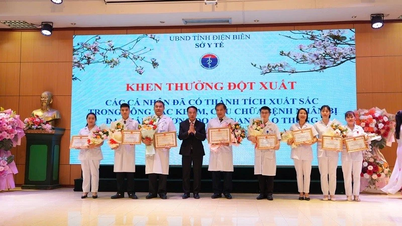

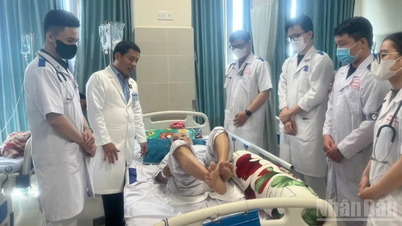



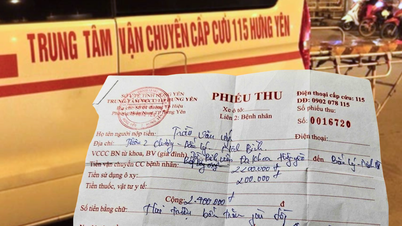




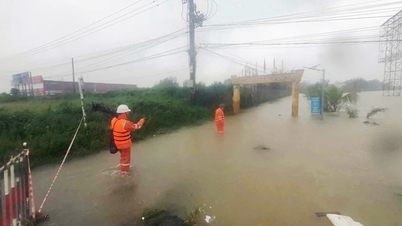
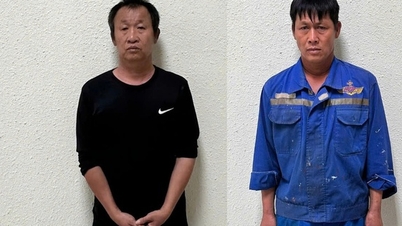
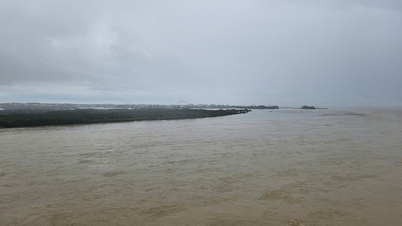
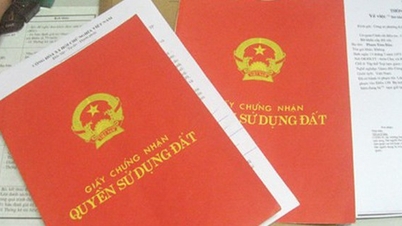
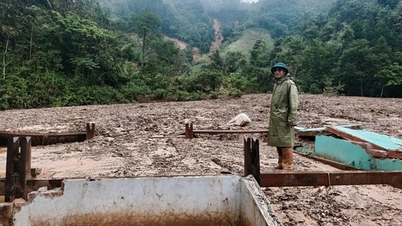
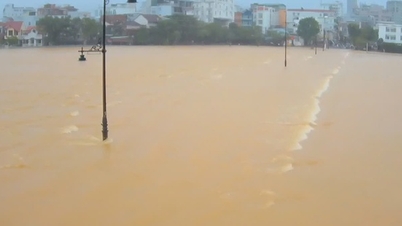



























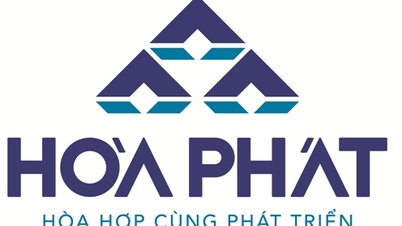








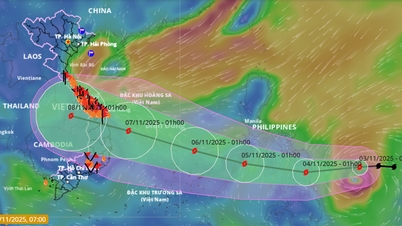
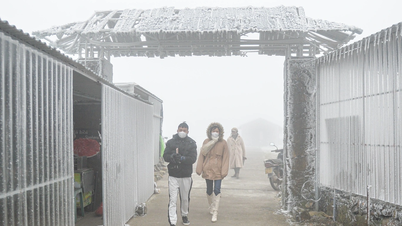


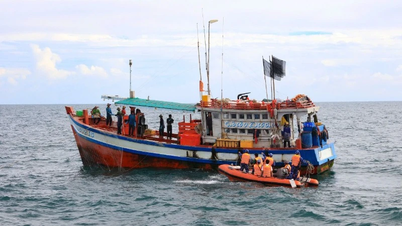
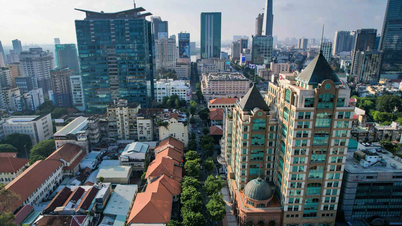


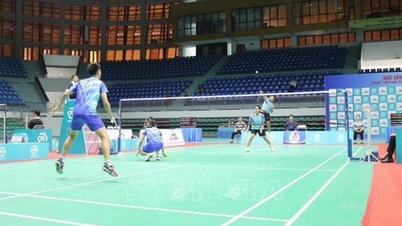
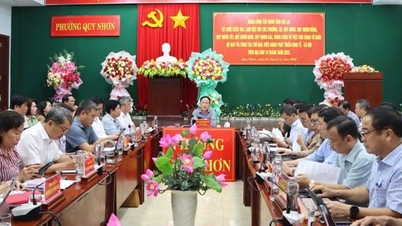







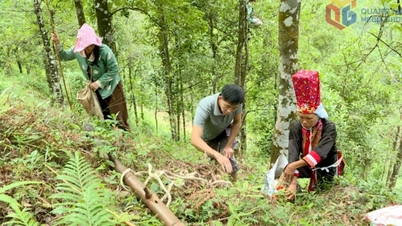




















Comment (0)